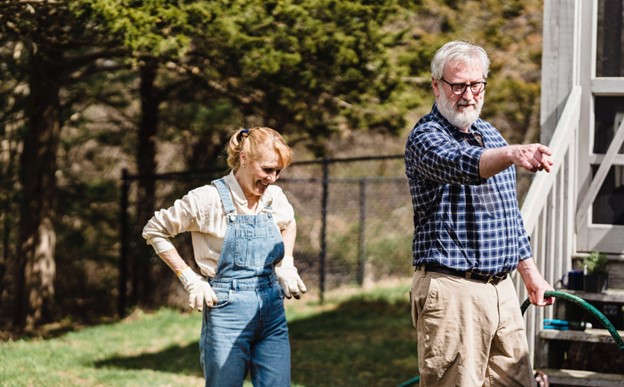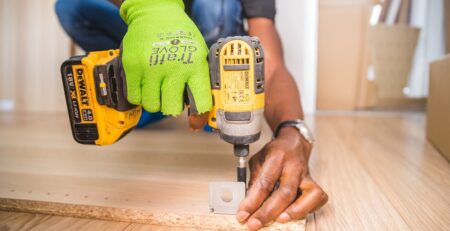House Flipping Business for Seniors
House Flipping Business for Seniors
House flipping business for seniors has become very popular over the last few years, and many seniors have been looking into how they can get involved. Fortunately, most of them have found that there are great opportunities out there, even if you’re starting late in life. Here are some things you need to consider before getting started.
Buying the Ideal Property
When you’re just starting out, it’s important to start small. An inexpensive property or one that hasn’t been renovated is ideal because it allows you to learn on a low-risk venture before graduating to more expensive properties.
Getting a Mortgage for Your Property
When you’re purchasing an investment home to renovate and flip, you might have to get a mortgage to finance your purchase. The best financing option will depend on your financial situation. Contact multiple lenders to shop around for the best rates and fees. You can also reduce the interest rate by making a larger down payment. There are several types of property investment loans including:
- Conventional financing
- Hard money loans
- Federal Housing Authority mortgages
- VA mortgages
- Home equity lines of credit
- Fix-and-flip loans
- Private money loans
Return on Investment
If you’re buying a fixer-upper, do your research to see what types of renovations will increase its resale value. Some projects like adding more bathrooms—are safer bets than others, like adding a master suite. There are online tools that can help you predict home values in different areas. You can also talk to local contractors about how much your project might cost and how it will affect overall value.
A common investment when flipping a house is renovating the kitchen. This can include updating the cabinets and hardware, the sink, backsplashes, appliances, the range hood, and countertops. Not every renovation will include all of these updates, but they are things to keep in mind.
If you’re planning to flip houses for a living, be sure to choose properties with good resale value in neighborhoods that are already growing in popularity. Asking around for referrals can help you find reliable contractors—and potential customers. Before buying a house to flip, sit down and figure out what it will take to make your home stand out from other similar homes that may be on sale in your area.
Selling Your Property After Renovations
The best way to sell your fixer-upper property after renovations is through a real estate agent. An agent can help you sell quickly by using their professional network to find prospective buyers, saving you time and hassle. To help, you can use an infographic template to design graphics to educate prospective buyers about the property and its improvements. It’s always best to work with an agent when selling your home because they are knowledgeable about all aspects of selling a house. An agent will also ensure that your interests are protected during negotiations.
Be Cautious When Buying a Fixer-Upper to Flip
Make sure you do some thorough research before closing on your purchase. Buying a fixer-upper can be financially risky. While you might want to save money by buying an inexpensive house that needs repairs, you could wind up losing money instead. Ideally, you should add 20 percent to your overall estimate, especially if there is major work involving electrical wiring, HVAC, foundations, or the need to remove mold or asbestos.
A Successful Project
Contractors are expensive, but they’re necessary—and finding one that works within your budget and gives you confidence in their ability is key for a successful project. Turn to Multi Business Solutions for more information about real estate investment strategies.





